Can Essential Oils Help With Kidney Stones?
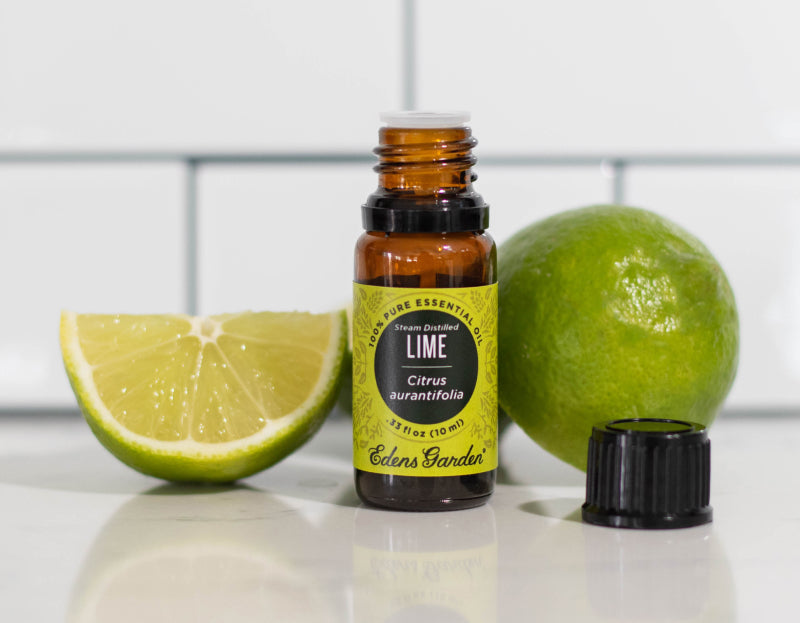
One day, you’re doing chores when you suddenly feel a sharp pain radiating from your back. The pain is alarming and causes you to stop what you’re doing. After a while, it dissipates and so does your worry. Later on, you’re sitting down and relaxing when you suddenly feel that pain again, but now coming from your abdomen.
If you’ve ever experienced kidney stones, you may be all too familiar with this pain. Affecting 1 in 10 people, kidney stones are a common health condition that often leaves people wanting alternative, non-invasive solutions. It’s also left many of you wondering, can essential oils help kidney stones?
In this guide, we discuss all things kidney stone-related and examine how essential oils can help.
What Are Kidney Stones?
Also known as renal calculi, renal stones or urinary stones, kidney stones are a mass of crystal substances that have been joined together. The stones travel through the kidneys to the bladder before being passed through the urethra and urethral opening. This can cause severe pain that begins in the back and travels to the abdomen and groin.
What Causes Kidney Stones?
Kidney stones form as a result of crystal substances conglomerating in the kidneys. This is the result of the kidneys containing more crystal substances than fluid and lacking substances that prevent crystals from sticking together.
Four of the most common types of crystal-forming substances are:
-
Calcium: An increase of calcium oxalate in the kidneys may be caused by hyperparathyroidism, too much salt in one’s diet, bypass surgery and too much Vitamin D.
-
Cystine: An amino acid. Developing cystine crystals is a genetic disorder.
-
Struvite: Stones that develop as a result of a urinary tract infection (UTI).
-
Uric Acid: Uric acid stones develop in people who also develop calcium stones and gout. This type of kidney stone affects more men than women.
Kidney Stone Risk Factors
The following conditions can increase your chance of developing kidney stones:
-
Genetics
-
Dehydration
-
High-Sodium Diet
-
Obesity
-
Gastrointestinal Surgery
-
Gastrointestinal Disease
-
Certain Dietary Supplements
Kidney Stone Symptoms
Not sure if it’s kidney stones? Common symptoms of nephrolithiasis include:
-
Sharp pain in the back and side
-
Radiating pain near the abdomen or groin
-
Pain that comes in waves from the above areas
-
Feeling pain or burning while urinating
-
Different colored urine
-
Smelly urine
-
Frequent urination
-
Nausea
-
Chills
If you’re experiencing a combination of the above symptoms, we recommend consulting with your doctor, especially if your symptoms are severe. While rare, kidney stones can lead to kidney damage and infections such as sepsis and should be monitored by a medical professional.
Kidney Stone Treatments
Common treatments for kidney stones includes:
-
Drinking plenty of water: Fluids help to dilute the crystals and prevent them from forming. A doctor may recommend drinking 2-3 quarts per day.
-
Pain relievers: If your symptoms are minor, your doctor may encourage you to take pain relievers such as ibuprofen to help with the pain associated with passing stones.
-
Alpha blockers: Your doctor may also prescribe alpha blockers to help relax muscles in the ureter and reduce pain, assisting stones from being passed quickly
-
Sound waves: Extracorporeal shock wave lithotripsy (ESWL) is at times used to help break apart stones. This procedure often requires anesthesia.
-
Surgery: If your doctor deems that the stone cannot safely be passed with at-home treatments, they may recommend surgery.
-
Medications: If you often deal with kidney stones, you may want to ask your doctor about medications that can help prevent crystal substances from forming in the kidneys.
Essential Oils For Kidney Stones
Certain studies have shown promising results on the effects of essential oils on the urinary tract.
-
A 2013 Brazilian study on Copaiba extract revealed its ability to prevent the formation of kidney stones. After Copaiba extract was administered to subjects, uric acid concentration was reduced, calcium oxalate levels balanced and renal function was not negatively affected.[5]
-
A study on Lavender oil and kidney stones found that the oil decreased pain in patients. Patients with renal colic were divided into a standard medical therapy group and aromatherapy group. Pain severity was measured after ten minutes of treatment and 30 minutes. Both groups experienced significantly lower pain severity after treatment. Interestingly, Lavender oil benefited women more so than the men in the study.[6]
-
An in vivo and in vitro study on Oregano extract was performed to better understand Oregano’s ability to inhibit crystallization of crystal-forming substances, such as calcium oxalate, in the kidneys. Oregano extract was found to assist with the prevention of kidney stones and helped with kidney health in a variety of ways.
While the Copaiba and Oregano study both involve extracts rather than essential oils, they may be worth trying with your doctors guidance. To use, combine 9 drops of Copaiba and 3 drops of Oregano in 1 oz of Coconut oil (you can use any carrier oil you have on hand, including olive oil). Apply the mixture to your wrists as well as your back or abdomen (near where you’re experiencing pain).
At-Home Kidney Stone Remedies
If your doctor has deemed your kidney stones safely passable, try these essential oil blends to help things along.
Kidney Cleanse
Diffuse this natural remedy or apply it topically to localized pain when diluted in 1 oz of carrier oil.
-
8 drops Frankincense- serrata essential oil
-
6 drops Helichrysum essential oil
-
4 drops Juniper Berry essential oil
Happy Kidney
A healthy kidney is a happy kidney, so diffuse this blend to enhance your mood and soothe feelings of pain and stress.
-
7 drops Lavender essential oil
-
7 drops Lemon essential oil
-
4 drops Lemongrass essential oil
More In Store At Edens Garden
Want something to smile about? Edens Garden offers 100% pure essential oils that are of the highest quality. We guarantee this through rigorous testing and verification through leading essential oil chemists and aromatherapists. The best news? Our products are practically priced and affordable, because we believe everyone deserves to experience the natural, healing benefits of essential oils.
Sources:
- National Kidney Foundation. “Kidney Stones.” National Kidney Foundation, 21 Jan. 2021, www.kidney.org/atoz/content/kidneystones.
- Mayo Clinic. “Kidney Stones - Symptoms and Causes.” Mayo Clinic, 5 May 2020, www.mayoclinic.org/diseases-conditions/kidney-stones/symptoms-causes/syc-20355755.
- Sepsis Alliance. “Kidney Stones.” Sepsis Alliance, 18 Sept. 2020, www.sepsis.org/sepsisand/kidney-stones.
- Glynn, Sarah. “Infections Related To Kidney Stones Twice As Common In Females.” Medical News Today, 27 Sept. 2012, www.medicalnewstoday.com/articles/250735#1.
- Barbosa de Oliveira, Rejane. “Effect of the Copaifera Langsdorffii Desf. Leaf Extract on the Ethylene Glycol-Induced Nephrolithiasis in Rats.” PubMed Central (PMC), Aug. 2013, www.ncbi.nlm.nih.gov/pmc/articles/PMC3762082.
- Sapmaz, Hilal Irmak. “The Effect of Lavender Oil in Patients with Renal Colic: A Prospective Controlled Study Using Objective and Subjective Outcome Measurements.” PubMed, Oct. 2015, pubmed.ncbi.nlm.nih.gov/26222759.
- Khan, Aslam. “Antiurolithic Activity of Origanum Vulgare Is Mediated through Multiple Pathways.” PubMed Central (PMC), Oct. 2011, www.ncbi.nlm.nih.gov/pmc/articles/PMC3222619.
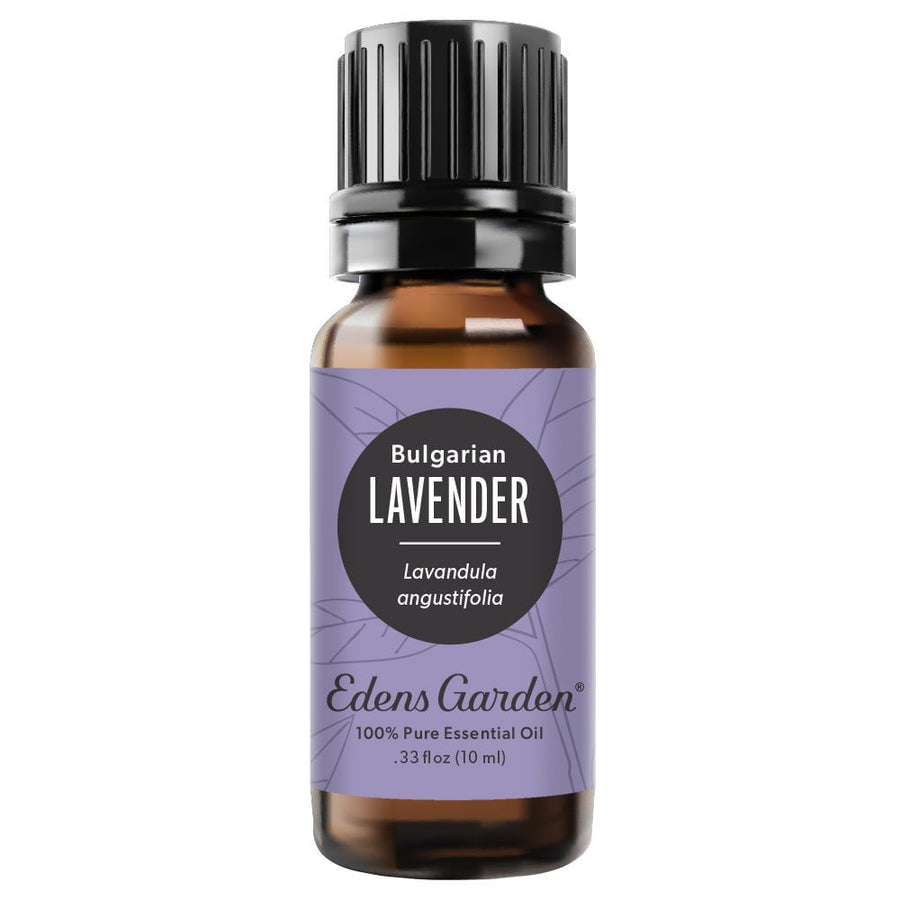
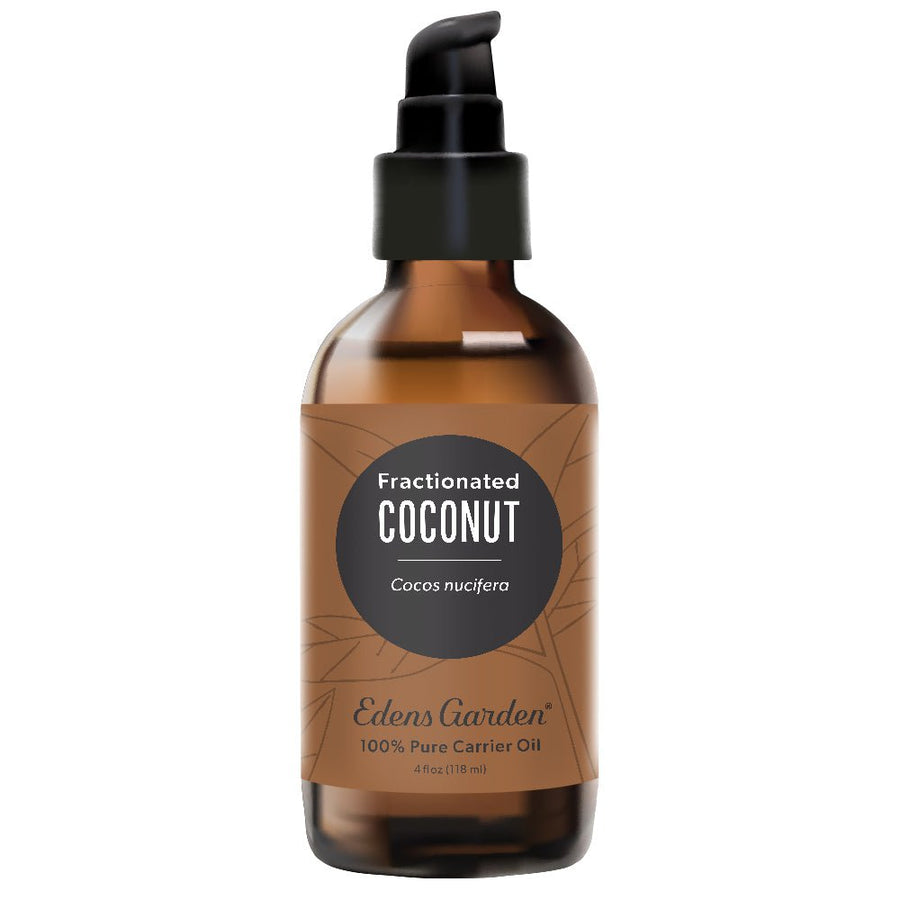
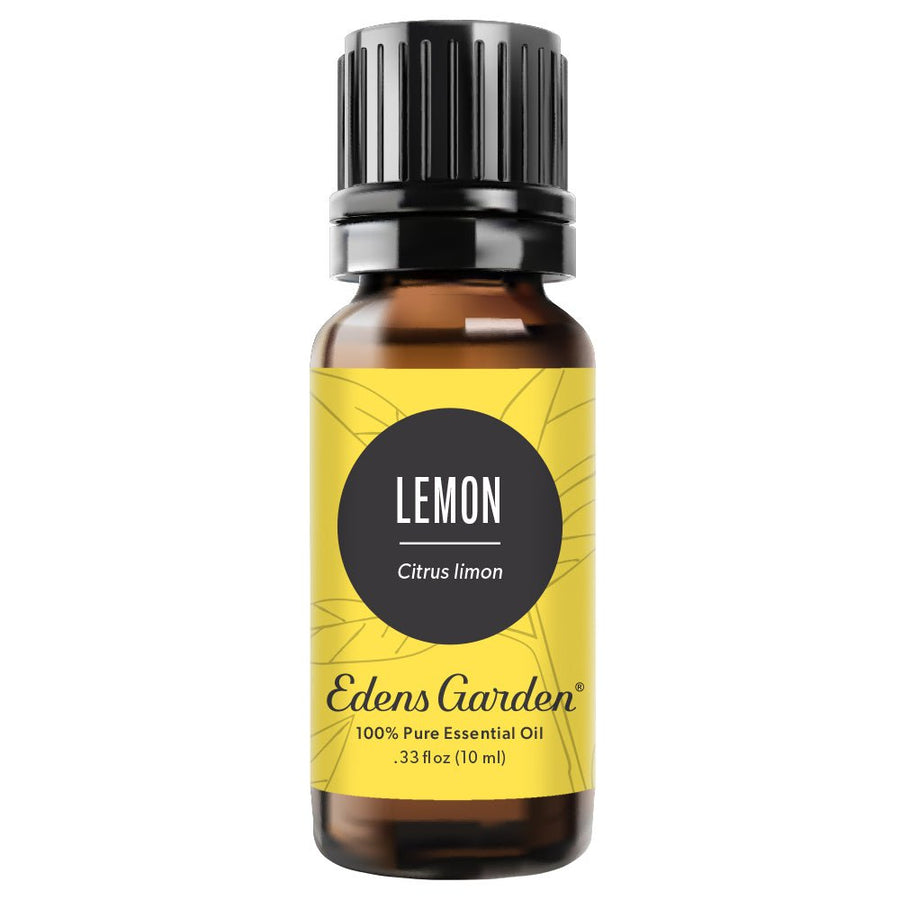
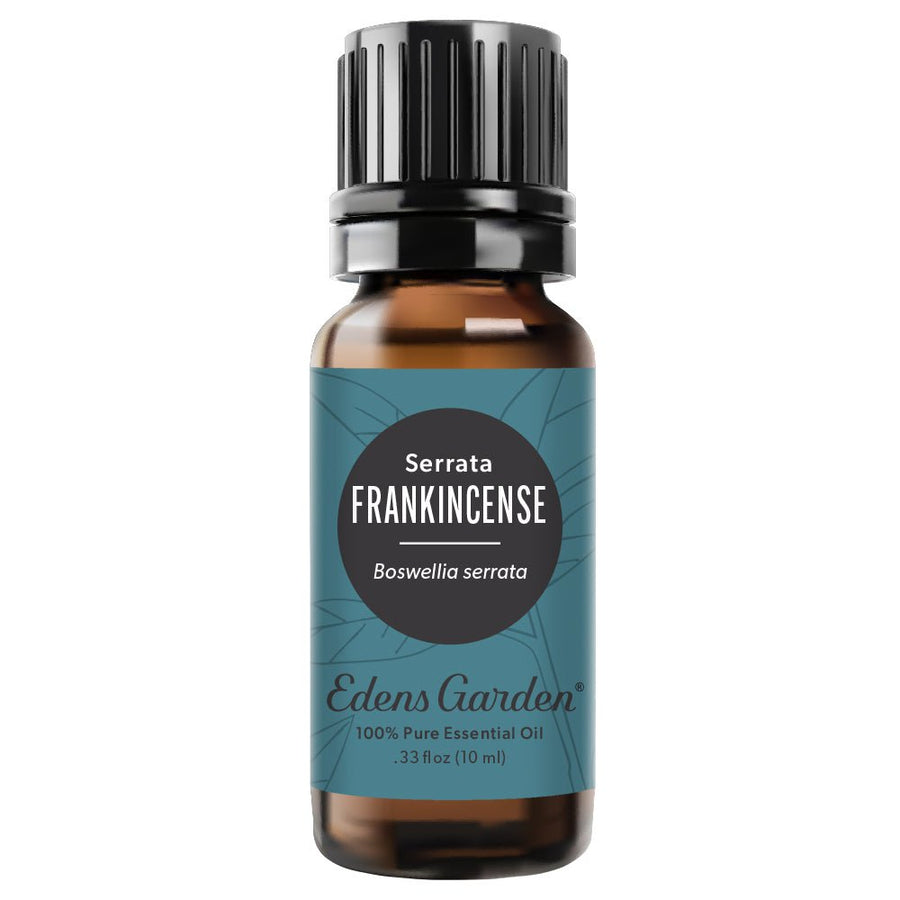
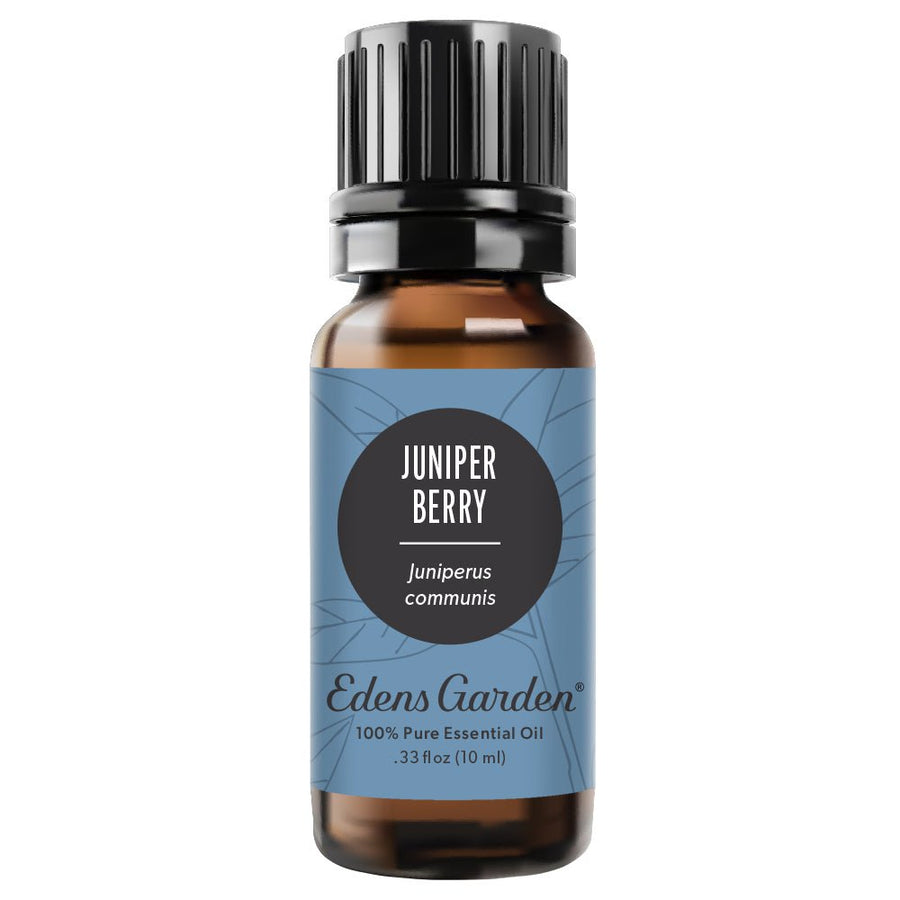
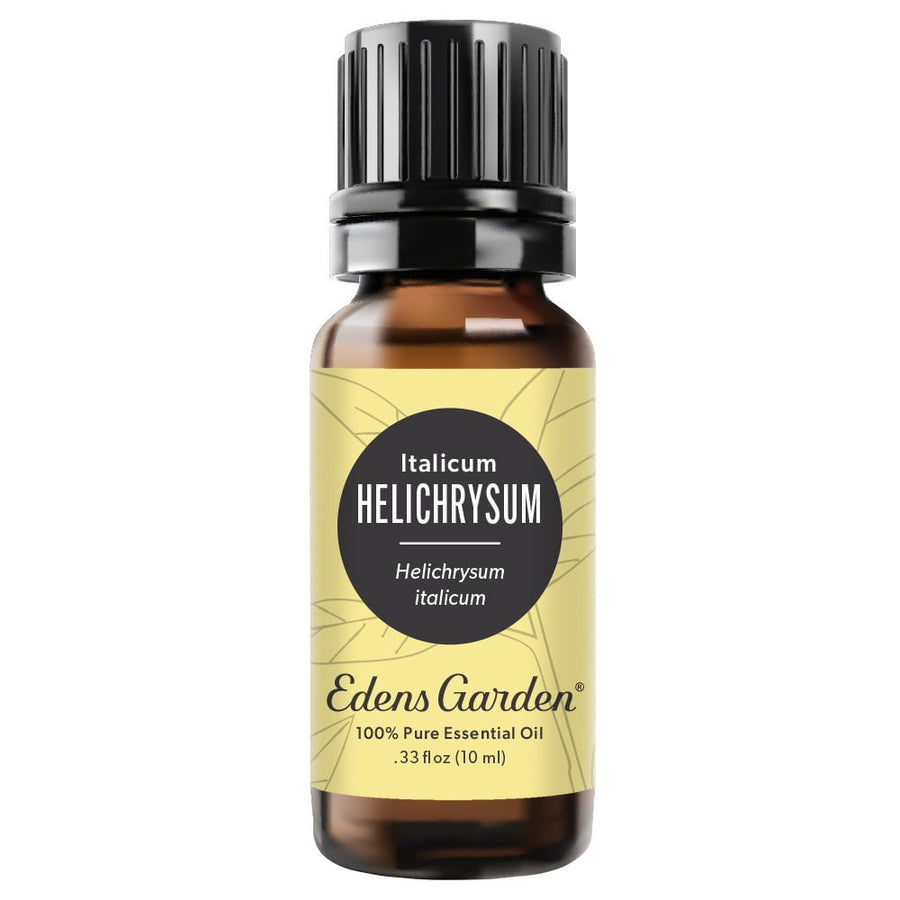




Leave a comment (Comments will be approved before showing up)